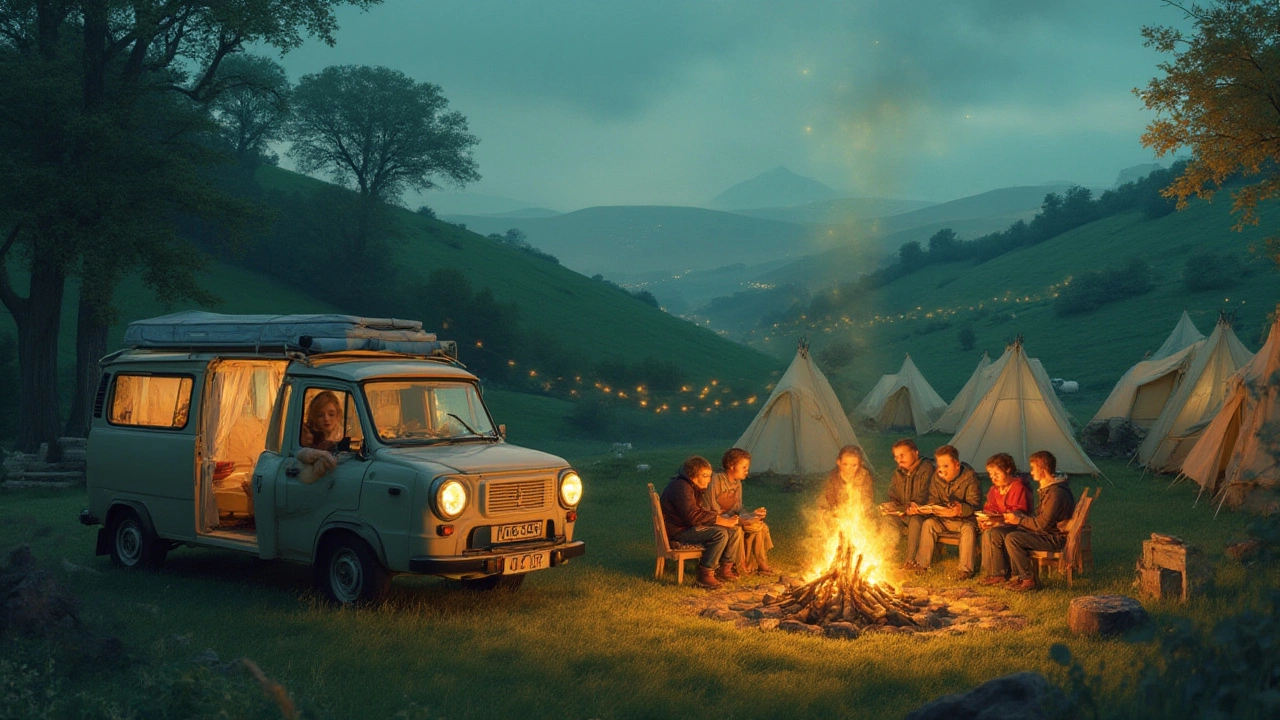Car Camping Rules in the UK – What You Need to Know
If you’re planning to hit the road in a motorhome or a camper‑van, the first thing you should check is where you are actually allowed to park and sleep. The UK has a patchwork of rules that differ between England, Scotland, Wales, and Northern Ireland, and breaking them can mean fines or a forced move. Below you’ll find the most common restrictions, the places that usually welcome car campers, and a shortlist of everyday tips to keep your trip smooth.
Where You Can Camp Legally
Public land is the biggest grey area. In Scotland, the Scottish Outdoor Access Code gives you the right to camp on most unenclosed land, as long as you follow the "leave no trace" principle and stay for no more than 24‑48 hours in one spot. England, Wales and Northern Ireland are stricter – wild camping is generally illegal unless you have the landowner’s permission.
That doesn’t mean you’re stuck in a hotel. Many local councils run designated “caravan sites” that allow overnight stays for motorhomes, often at a low fee. Look for sites marked with a blue “C” on road signs, or check the council’s website for a list of approved locations. National Parks also have specific areas where you can park overnight, usually near visitor centres or designated car parks. Always read the signs; a “no overnight parking” notice trumps a friendly-looking meadow.
Private land is another option. Farms, B&Bs, and some small businesses will let you camp on their property for a small charge or in exchange for a purchase. It’s courteous to ask first, explain your plans, and leave the place cleaner than you found it.
Key Safety and Courtesy Tips
Staying safe starts with choosing a level spot away from flood risk. Avoid low‑lying areas that could collect rainwater, and stay clear of cliffs or steep drops. If you’re near the coast, check tide times – a secluded beach can turn into a dangerous swamp when the water comes in.
Keep noise down after 10 pm. Many locals are sensitive to late‑night music or generators, and a quiet night can prevent a complaint that might get you asked to leave. Use a low‑output LED strip for interior lighting instead of bright floodlights that disturb wildlife and neighbors.
Clean up every piece of waste. Bring a small trash bag, collect food scraps, and empty the toilet cassette at a proper dump point. Some sites provide “dry toilet” stations, but you should still pack out any used liners.
Lastly, respect parking limits. A motorhome can be much longer than a regular car, so make sure the space you choose can accommodate its length without blocking traffic or other vehicles. If you’re unsure, pull in, step out, and ask the local shopkeeper or resident – most people are happy to help a courteous camper.
By staying informed about the local rules, choosing the right spots, and following basic etiquette, you’ll enjoy the freedom of car camping without the hassle of fines or angry neighbours. Happy travels!
Sleeping in Your Car at UK Campsites: Rules, Tips, and the Real Experience
Wondering if you can sleep in your car at UK campsites? Discover legal tips, real policies, and first-hand hacks for campers wanting comfort and safety.
